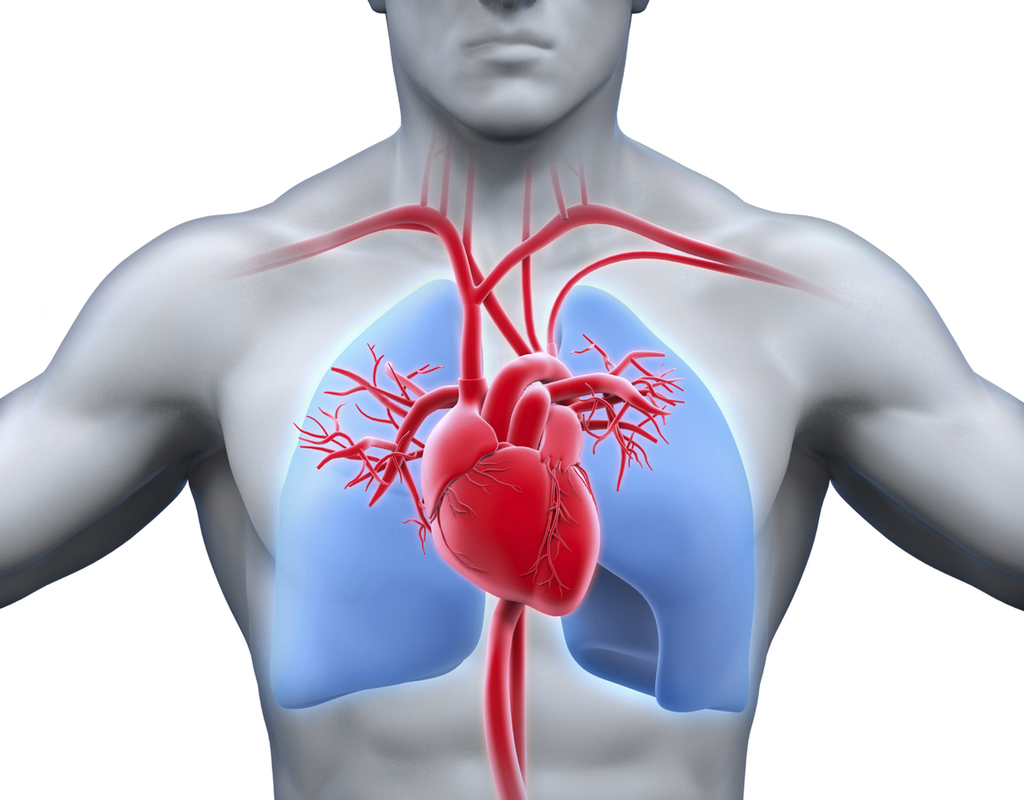Where is the Heart and Lungs Located? A Look Inside Your Chest
We all know that our heart beats and our lungs breathe, but have you ever stopped to consider exactly where these vital organs reside within your body? It's a question we rarely ask ourselves, yet the answer reveals a fascinating internal landscape that's both intricate and incredibly efficient.
Imagine your body as a bustling city, with different systems working together to keep things running smoothly. Your chest cavity is like the city center, housing two of the most important players: the heart and lungs. They’re tucked away beneath your ribcage, protected by bone and muscle, yet constantly at work ensuring your survival.
It's easy to take our bodies for granted, but taking a moment to appreciate the location and function of essential organs like the heart and lungs reminds us of the incredible complexity and resilience of the human body. Understanding where these organs are located and how they work together can deepen our appreciation for the miracle of our own existence.
Let's take a journey into the chest cavity and discover the precise location of your heart and lungs. We'll explore their individual functions and see how their positions are crucial for their roles in keeping you alive and well.
First, picture the center of your chest. Contrary to what many believe, the heart isn’t located entirely on the left side. It sits slightly to the left of your breastbone (sternum), nestled between your lungs. Imagine holding a fist slightly to the left of center on your chest; that's roughly the size and location of your heart.
Your lungs, on the other hand, are like two voluminous sponges that flank the heart. They take up most of the space in your chest cavity. Your right lung is slightly larger than your left lung and has three lobes, while the left lung has two to accommodate the space taken up by the heart.
This central location is no accident. It allows the heart to efficiently pump oxygenated blood received from the lungs to the rest of the body. Meanwhile, the lungs’ proximity to the heart enables them to receive deoxygenated blood, refresh it with oxygen, and send it back to the heart for distribution. This close relationship is the foundation of our respiratory and circulatory systems.
Understanding where your heart and lungs are located can be extremely helpful in various situations. For instance, knowing the correct placement of your heart is vital when performing CPR. Similarly, recognizing the location of your lungs is crucial for identifying potential issues like chest pain or shortness of breath.
Furthermore, knowing the location of your heart and lungs allows you to be more in tune with your body. You can pay closer attention to any sensations or changes you might feel in that area, leading to early detection of potential health issues.
Advantages and Disadvantages of the Heart and Lungs' Location
| Advantages | Disadvantages |
|---|---|
| Central location allows for efficient blood circulation. | Vulnerable to injury due to their position in the chest. |
| Protected by the ribcage. | Certain medical procedures involving the heart and lungs can be complex due to their location. |
The human body is a marvel, and understanding the layout of vital organs like the heart and lungs is a fascinating journey into that marvel. Next time you take a breath or feel your heartbeat, take a moment to appreciate the intricate dance happening within your chest, all thanks to the strategic placement of these essential organs.
Resultados dos jogos de ontem liga europa last nights scores and highlights
Conquering car vapor lock issues
Unlocking the allure of gmc sterling metallic a deep dive














